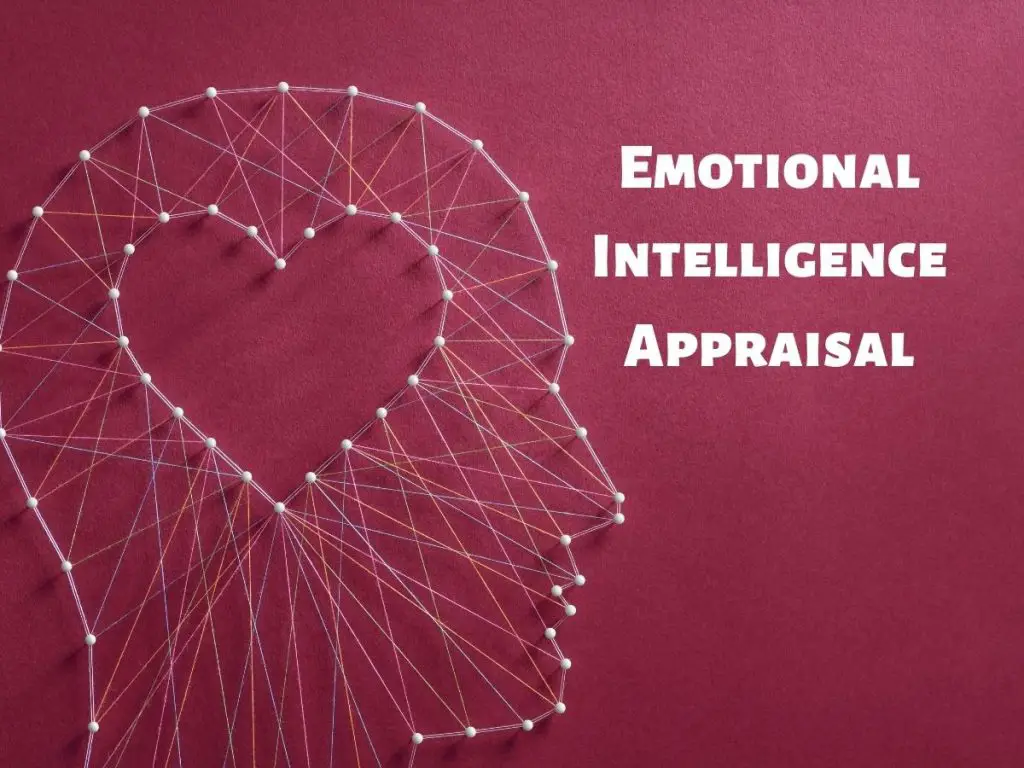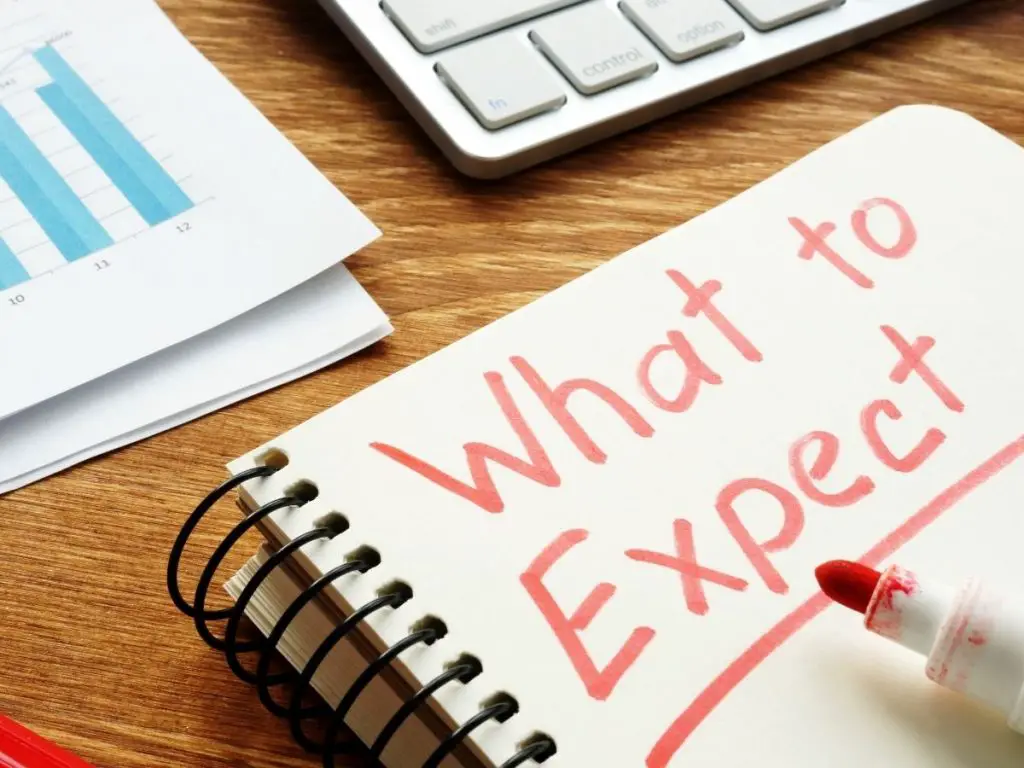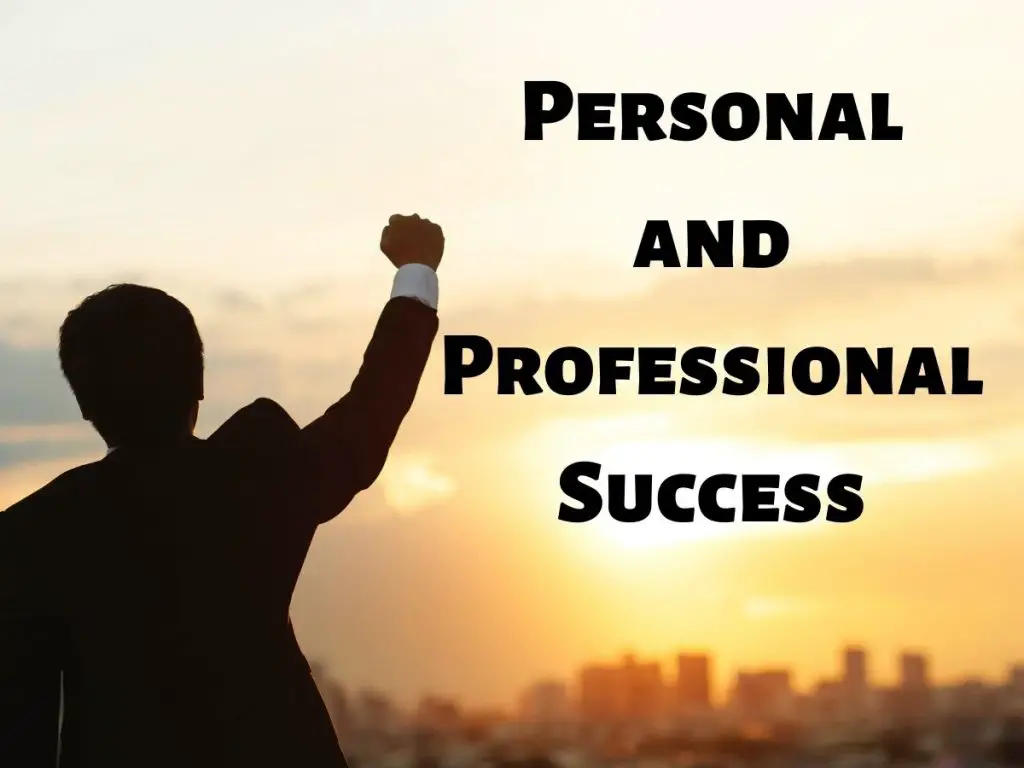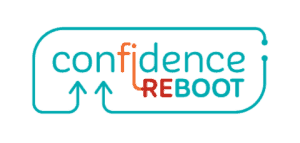Do you know how well you handle your emotions? Do you know how to keep them from getting the best of you? If not, then you should consider taking an emotional intelligence appraisal.

This test was created by Travis Bradberry and Jean Greaves, authors of the book “Emotional Intelligence 2.0.” The test covers four areas: self-awareness, self-management, social awareness, and relationship management. These are all essential skills that can help you develop a better life for yourself and those around you.
If you are looking for a way to measure your own emotional intelligence, the online appraisal (fancy word for assessment) can help.
Table of Contents
Would You Know If You Had Low Emotional Intelligence?
Do you know what your EQ is or if you have low emotional intelligence?
Emotional intelligence is often referred to as EI or EQ, which helps people relate it to IQ. EQ can actually be more of a predictor of success than IQ or intelligence alone.
Eq And Self-awareness Go Hand In Hand.
The problem is that, by definition, if you operate with low emotional intelligence or low self-awareness, how would you know?
The answer is: You wouldn’t.
What’s worse is that people with low emotional intelligence can miss familiar emotional cues and may struggle to express emotions. Lower emotional intelligence may cause you to suppress difficult emotions or make it nearly impossible to accurately identify or regulate emotions.
Speaking of emotional awareness, I remember the first time I picked up “Emotional Intelligence.” I was at the airport and picked the book up off the shelf at a kiosk. I remember thumbing through the book and thinking to myself, “I’m pretty emotionally aware.” I have a high EQ. I probably don’t need to read this book.
Should You Take The Emotional Intelligence Appraisal?
Heck yeah! Here’s why:
A solid 20 years later, I can tell you first hand. I was clueless. I didn’t know what I didn’t know. How could I? The problem was I was too arrogant to realize how much I didn’t know.
It really wasn’t until I experienced some personal trauma that I recognized that I had difficulties expressing emotions.
Your ego will tell you that you are okay, that you are a good person, and don’t need to waste your time on learning this info (Just like mine did).
But the only way to know what you should pay attention to in a book like Emotional Intelligence 2.0 is to take an assessment of your results. If your results aren’t measuring up to what you want, then maybe it’s time.
It’s important to note that our results are always produced by our actions (and inactions). Your actions come from how you feel about your situation, and your feelings come from how you think about things.
Self-awareness is crucial because it allows you to understand your own emotions and how they affect your behavior. If you’re not aware of your feelings, it’s easy to let them get the best of you and make decisions that you later regret. Self-management is also crucial because it allows you to control your emotions and respond to them in a healthy way.
It’s essential to be able to manage your emotions so that you don’t let them get the best of you and make impulsive decisions. Social awareness is critical because it allows you to understand the emotions of others and how they might be feeling in any given situation.
This can be helpful in both personal and professional relationships. Finally, relationship management is vital because it allows you to manage the emotions of others in a way that is healthy and constructive.
What Can You Expect From High Emotional Intelligence?

Emotional intelligence gives you the ability to perceive, understand, and manage emotions. This can be beneficial in a variety of areas in your life, from work to personal relationships. If you want to learn more about emotional intelligence or take the assessment yourself, you can visit the website for Talentsmart Inc – “Emotional Intelligence 2.0.”
While emotional intelligence is helpful in many areas of life, it is vital in the workplace. In today’s workplace, there are a lot of demands and a lot of stress.
It can be challenging to stay calm and focused when you’re under a lot of pressure. But if you have strong emotional intelligence skills, you’ll be able to manage your emotions better and stay focused on your work.
There are a few different ways to measure emotional intelligence. One popular method is the Emotional Quotient Inventory or EQ-i. This assessment measures your ability to perceive, understand, and manage emotions. It’s a helpful tool for people who want to learn more about their emotional intelligence and how they can improve it.
If you’re interested in taking an assessment like the EQ-i, you can visit the website for “Emotional Intelligence 2.0.” They offer a free online version of the emotional appraisal assessment.
You can get your passcode from the Emotional Intelligence 2.0 book itself. If you don’t have the book, you can get it here.
Taking the EQ appraisal quiz can be a helpful way to gain insight into your own emotions and how they affect your behavior. It can also help you manage the emotions of others in a healthy and constructive way.
I like to think about it as a personalized roadmap of what I need to work on to become more emotionally aware. It gives you unbiased constructive feedback that you can use to improve your well-being and social skills.
How Your Mental Health Influences Your Personal And Professional Success

People with high emotional intelligence are able to perceive emotional expression, understand, and manage emotions. They exercise higher self-control, experience lower social anxiety, and may have more professional success.
Why Are Some People So Good At Reading Other People’s Emotions?
But in reality, it’s not simply because they can easily recognize it in others; it’s because they can first recognize it in themselves.
Bear with me for a second as I explain. Have you ever run into a pushy salesman? You couldn’t wait to get out of their presence, right?
It used to drive me crazy. I felt the same way until one day; I recognized the struggle.
What struggle am I talking about?
It’s the struggle we all have for survival on some level. It wasn’t until I realized that I, too, was dealing with a battle to survive that I could see the struggle in people like the overly aggressive salesperson.
That was when dealing with a pushy salesman shifted for me. I could speak to the individual pain points driving the pushiness. Suddenly, they become less intrusive.
Don’t get me wrong, if they keep at it, they’ve got to go, but you can handle them with tack and grace, realizing that we have all been that person (breaking through boundaries in pursuit of what we want).
The only difference is that we didn’t recognize it for what it was at the time.
